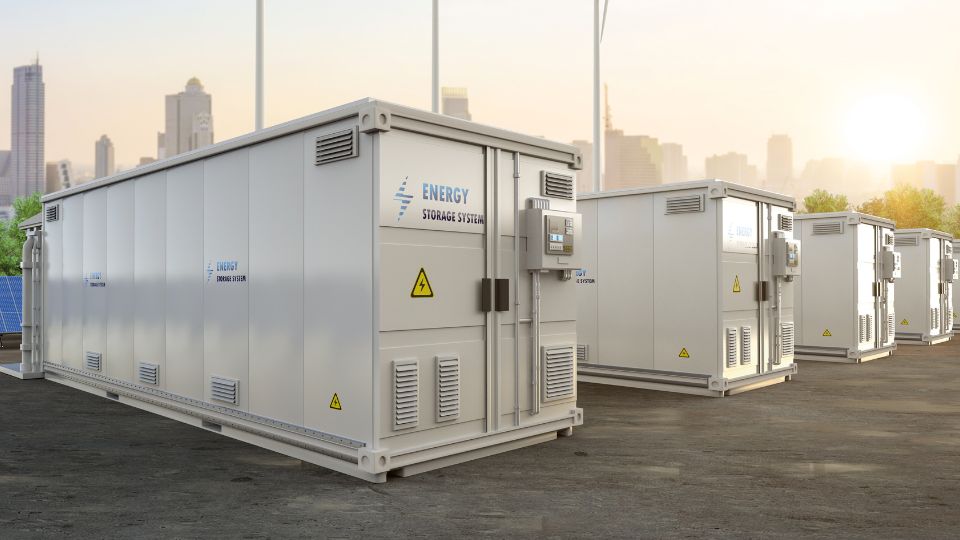ACEnergy Welcomes Powercor’s New Tariffs to Boost Solar Capacity and Energy Storage Efficiency

ACEnergy has expressed strong support for the newly proposed tariffs by Powercor, outlined in their recently released Tariff Directions Paper, labelling the proposal as a ‘significant step toward balancing costs and encouraging the adoption of new technologies’ which aid in emission reduction.
The new tariffs are the most balanced seen across the National Electricity Market (NEM) and are set to benefit both solar and non-solar customers while enhancing the performance of energy storage systems.
Some key proposals put forward include the implementation of a low-price saver period, which would see the tariff encourage all customers, including those without solar, to use more solar energy, increasing solar hosting capacity. Unlike other states’ tariffs that penalise solar exports, Powercor’s approach would allow every Australian to benefit from solar generation on residential networks.
The other critical measure is the introduction of flexible large customer tariffs, which are designed for non-residential customers, such as ACEnergy’s high- voltage distributed battery energy storage systems (DBESS) at locations across Victoria. This tariff improves operational efficiency by only charging for energy imports during peak periods, removing other import charges. This makes energy storage more cost-effective and removes barriers to storing energy multiple times a day.
ACEnergy actively contributed feedback during the consultation phase, highlighting the critical role that coordinated storage plays in reducing midday demand, which is driven by excess solar generation. This was a factor behind AEMO’s recent “Minimum System Load” notice in Victoria.
With ACEnergy’s DBESS set to begin operation in 2025, Powercor can rely on the additional battery capacity to increase minimum demand during the day. This demonstrates how the DBESS can assist Powercor in maintaining network security, reduce solar curtailment, and drive overall benefits for all customers.
Joel Prata, Head of Grid at ACEnergy, said:
"This is an important step forward by Powercor that will help get more storage into the grid, which in turn supports the deployment of more renewable generation, reducing emissions from electricity generation. Our DBESS projects will come online on the Powercor network, increasing grid reliability, and realising the huge potential of BESS in supporting the electricity network."



